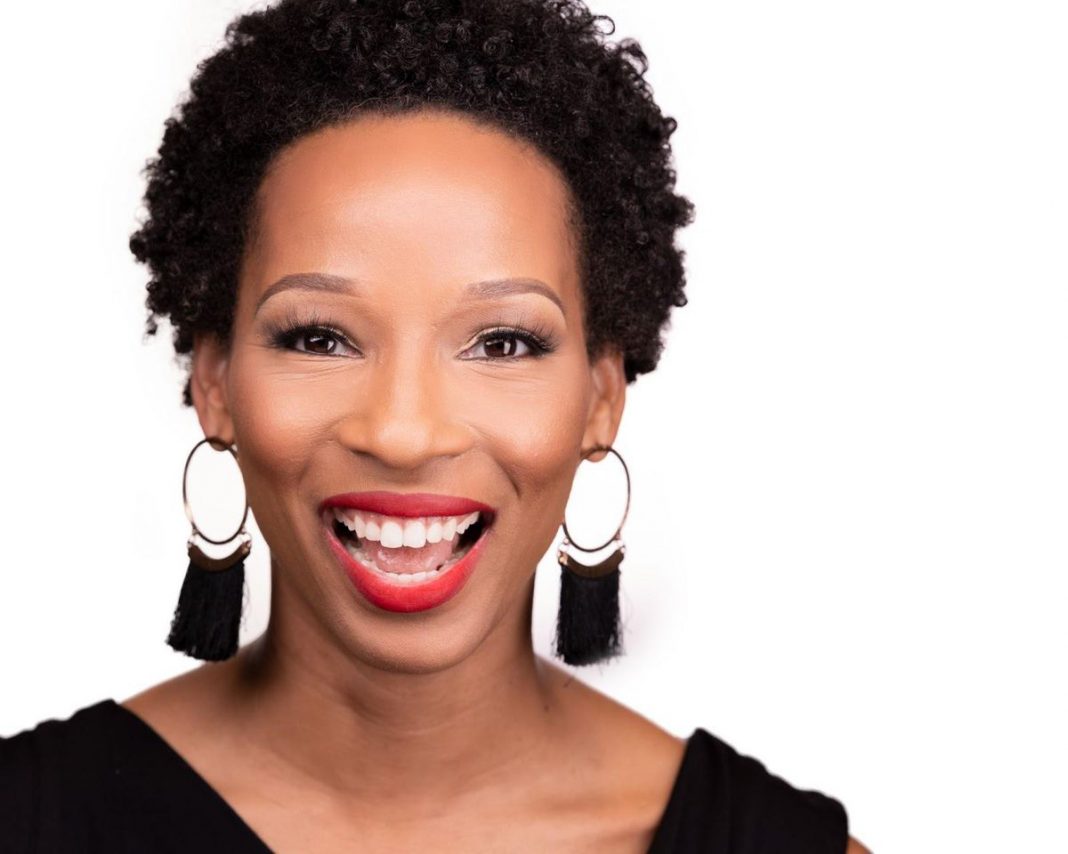According to a KPMG study, a whopping 67% of high-performing executive women said that even they needed more support building confidence to feel like they could be leaders in their industry. That lack of confidence held the majority of them back from pursuing job opportunities, asking to be paid more, shifting positions and more.
That’s where Desiree Cocroft comes in. Desiree is a certified personal and professional transformation coach who specializes in helping female entrepreneurs and leaders not only figure out what comes next in life but also go after it. “I’m passionate about helping people overcome their negative bias so they can make real change happen, do the work they desire and become history-makers,” says Cocroft, who has years of training in executive coaching and positive psychology.
When you’re looking for a boost in confidence, she recommends asking the following questions to quiet your negative inner voice and boldly push forward with your goals.
3 Questions That Will Build Your Confidence When It’s Crumbling | Stephanie Burns
Kenji Kubota
1. What’s A Failure You’ve Learned Something From?
If you feel like you hear “no” a lot from potential clients, or you’re struggling to hit a financial goal in your business, it’s a great time to ask yourself this confidence-building question. “One of my clients was struggling with moving forward on a business decision because she kept thinking about how she didn’t get the result she wanted the first time she tried to make that move,” explains Cocroft. “Then she asked herself not about what went wrong but what she learned from that failure. Only then was she able to move forward. Focusing on what you have learned helps you fight back against the enemy of progress: perfection.”
If you didn’t enroll enough people in your program, perhaps you’ll realize that you weren’t promoting it enough. If you didn’t hit your revenue goal, perhaps you’ll realize that you were focusing too much on 1:1 sessions and not enough time on group coaching. “Even when things don’t work out perfectly, (especially because nothing truly is perfect) you still win by reflecting and growing. To have something to strive for is good—and missing a target is not entirely bad. Although failure doesn’t always feel great, know that it is essential to your growth as a leader because failure is feedback,” says Cocroft. “Rather than self-sabotaging your growth, you can continue to lean into it by reframing your failures into feedback opportunities.”
2. What’s Something You’ve Achieved Personally That Was A Success?
“When you’re experiencing a lot of rejection in your professional life, it can help to get a confidence boost from your personal life,” says Cocroft. “You’ll realize that there’s a lot of overlap between the two of them. Plus, research shows that celebrating wins and savouring success usually results in feel-good emotions, creative thoughts and positive behaviors.”
Your personal success can be related to anything whether it’s learning a foreign language, having strong ties to friends or family members, reading a book a week or something else. “When one of my clients felt like she was drowning in her workload, I had her recall a personal success and she shared a time when she was able to improve her health by engaging in steady workouts,” says Cocroft. “Remembering her systematic approach to becoming physically stronger enabled her to become emotionally stronger in that moment. She started saying ‘no’ more to work opportunities that weren’t right for her and saving space for the ones that were.”
As an added bonus: If you take one of those accomplishments and relive the experience by sharing your story with a friend it increases your sense of well-being which in turn will increase your confidence. It is the practice of sharing your wins that helps you savor in your experience.
3. What Do Other People See In You?
This question is ideal when you’re at a standstill trying to figure out your next move. “Oftentimes we are our own worst critic,” says Cocroft. “We typically don’t see the success in the seemingly small things that we accomplish every day. You know who does notice? Other people.”
You have admirers all around you. Your closest friends, colleagues, coaches and mentors are people that see you at a granular level. “What’s even better, is that they will be direct and less modest than you when you ask, ‘What do you see as my biggest strength?’ The answers they share may shock you and as a result, inspire you to keep taking action or to pivot in some other direction,” says Cocroft.
“Take a survey of the top five people who you know, like, and trust. Send them an email and ask them what they see in you as a strength, what hurdle they recognize that you overcame or what they see in you that inspires them. It’s hard to argue with someone else’s opinion of your creativity, brilliance or perseverance. So why not solicit it so you can increase your confidence to take action?”





